The Maoist armed conflict which started in February 1996 has challenged the centuries-old feudal socio-cultural and political system and the nation is at a crossroads of fundamental transformation. In the part 10 years of the armed conflict, the state has taken different approaches such as integrated security and development. Killo Sera II. Cordon. Search and Destroy. Creation of a special armed police force, mobilization of military, imposition state of emergency, fixing bounty on heads of Maoist leaders, formation of unified command, creation of village defence committees to foil insurgency. However, these strategies have fuelled the armed conflict. Some efforts have also been made to reach negotiated settlement of the conflict such as ceasefire and peace talks, creation of peace secretariat, etc. nevertheless, they were not able to produce desired results. While examining the present Nepalese crisis, the important questions are: How and why did the Maoist insurgency emerge? Why did the past two negotiations fail? What are the initiatives taken so far by political parties, civil society, and media in resolving this crisis and what are the opportunities for conflict transformation? Attempts have been made in this book to answer these questions. The political landscape has further hanged from the unrealistic ambitions of the king to autocratic norms and values, keeping main political parties away, creating fear from the use of state security apparatus, controlling media, ignoring human rights and imposing restrictions. The royal takeover has divided the political power into progressive forces and feudalistic forces and the nation is in a severe confrontation between progressive forces who want to change Nepal as an inclusive, modern democratic nation and regressive forces who want to obstruct state restructuring process and progressive change. This book sheds light on these issues. Finally, this book outlines possible future scenario in Nepalese politics vis-?-vis armed conflict.
Armed Conflict and Peace Process in Nepal
$29.70
$33.00
In stock
Free & Quick Delivery Worldwide
All orders amounting to US$ 50 or more qualify for Free Delivery Worldwide. For orders less than US$ 50, we offer Standard Delivery at $14 per book.
ABOUT THE AUTHOR Bishnu Raj Upreti
Bishnu Raj Upreti holds a PhD in conflict management (2001) from
Wageningen University, the Netherlands. He is actively engaged in conflict
transformation and peace research as a researcher in South Asia. During 26
years of professional career, he has engaged in teaching and research at
University of London and University of Surrey in the UK as well as
teaching at Kathmandu University and South Asian Institute of Technology
of Purbanchal University. He worked in international organizations such as
UNDP, SDC, IDRC, IUCN, SNV, UMN, International Alert, DANIDA, DFID, ADB,
MS, WFP, FAO, and CARE International, ARD Inc, in the capacity of
professional staff and consultant. He has also spent some years in
government service as an assistant agricultural economist selected from
the Public Service Commission. He has eight books to his credit on
conflict management and many articles in different national and
international journals, magazines and edited books. Currently, he is
Regional Coordinator, South Asia Coordination Office of Swiss National
Centre of Competence in Research (NCCR)-North-South, based in Kathmandu.
reviews
0 in total
Review by Anonymous
Be the first to review “Armed Conflict and Peace Process in Nepal” Cancel reply
You must be logged in to post a review.
Bibliographic information
Title
Armed Conflict and Peace Process in Nepal
Author
Edition
1st ed.
Publisher
ISBN
8187392746
Length
424p., Tables; References; Index; 23cm.
Subjects

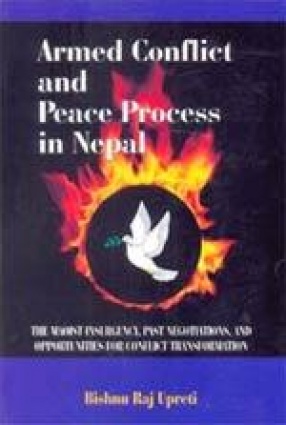
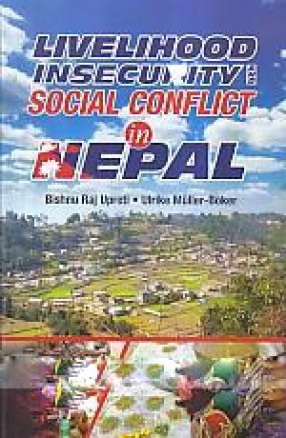
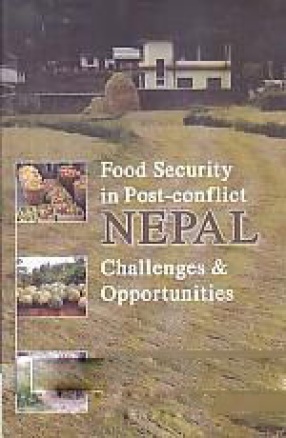
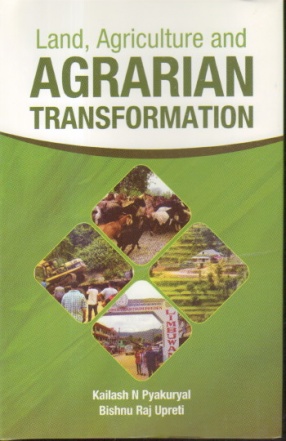
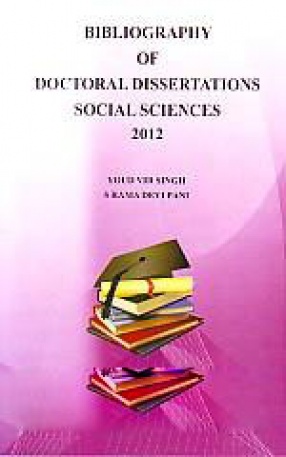
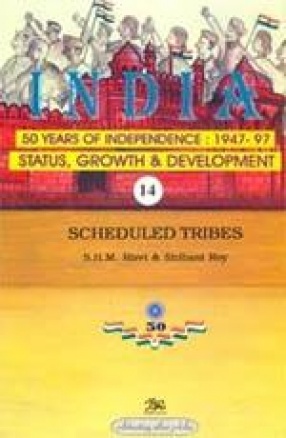
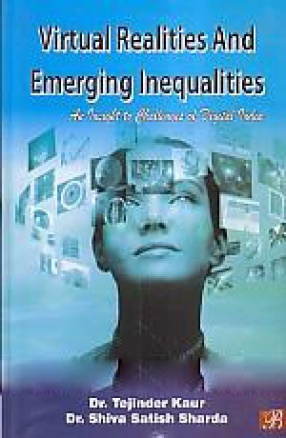
There are no reviews yet.